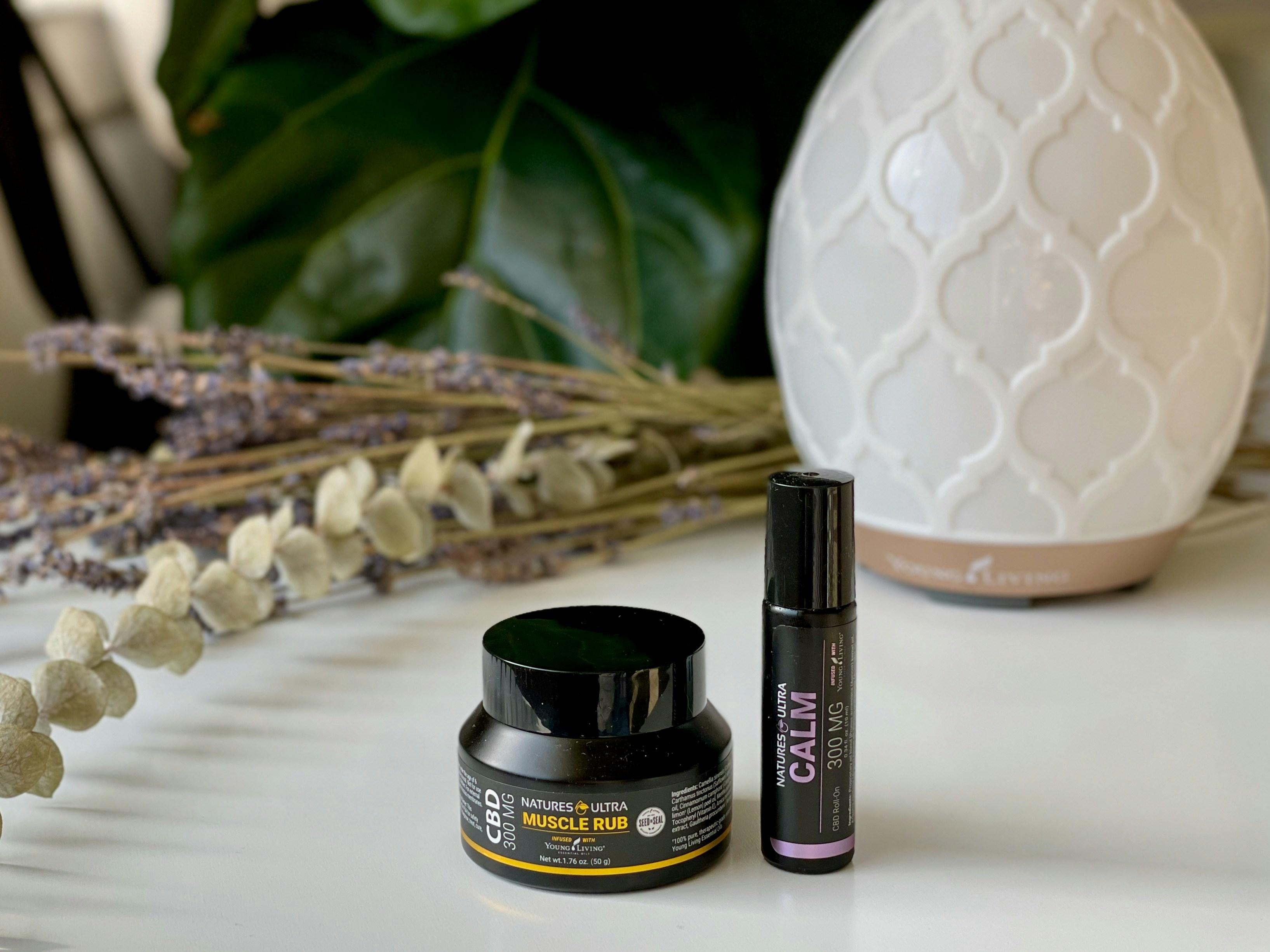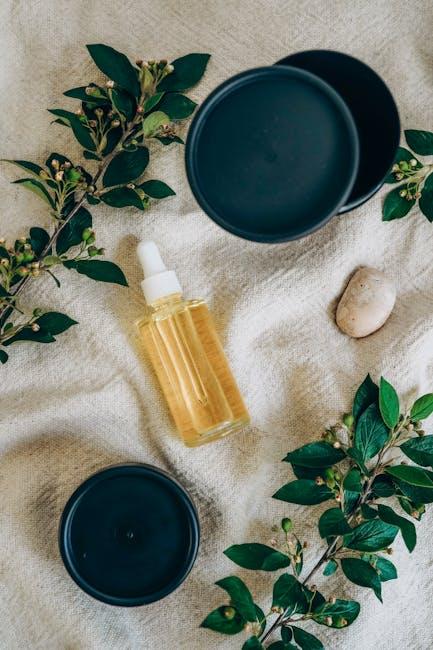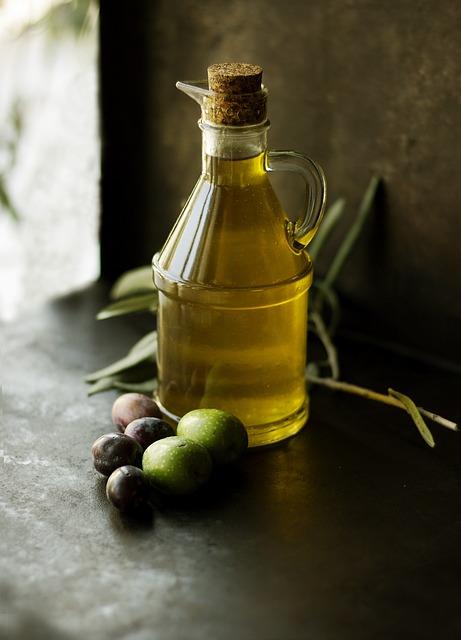In the vast world of skincare, where countless products promise to rejuvenate and hydrate, one element remains a timeless cornerstone for nurturing dry skin: oils. These natural elixirs, extracted from seeds, nuts, and fruits, have been treasured across cultures and centuries for their unparalleled ability to nourish and soothe. As the seasons change and the air grows crisp, our skin often bears the brunt, yearning for a touch of moisture. But with a multitude of options available, how do you discern which oils are best suited to restore your skin’s suppleness and glow? In this exploration, we delve into the finest oils that promise to transform parched skin into a canvas of softness and vitality, unraveling the secrets behind each botanical treasure.
Understanding the Benefits of Natural Oils for Skin Hydration
Natural oils have long been revered for their ability to lock in moisture and keep skin supple. Unlike synthetic ingredients, these oils are packed with nutrients and antioxidants that not only hydrate but also nourish the skin. Using natural oils can be a gentle yet effective way to combat dryness, especially for those with sensitive skin. They form a protective barrier on the skin’s surface, preventing moisture loss and keeping your skin feeling soft and smooth throughout the day.
- Coconut Oil: Rich in fatty acids, it penetrates deeply into the skin, providing lasting hydration.
- Argan Oil: Often called “liquid gold,” it is known for its high vitamin E content, which helps restore skin elasticity.
- Jojoba Oil: Closely resembles the skin’s natural sebum, making it an excellent choice for balancing oil production while moisturizing.
- Olive Oil: Packed with antioxidants, it offers anti-inflammatory properties, making it ideal for soothing dry, irritated skin.
- Sweet Almond Oil: Lightweight and hypoallergenic, perfect for sensitive skin types needing gentle hydration.
Incorporating these oils into your skincare routine can help maintain a healthy moisture balance and promote a radiant complexion. Whether used alone or as part of a blend, they offer a natural solution to dryness without the harsh chemicals found in many commercial moisturizers.

Key Factors to Consider When Choosing Moisturizing Oils
When selecting oils to hydrate your parched skin, there are several crucial aspects to keep in mind to ensure you choose the most effective option. Firstly, consider the oil’s absorption rate. Oils like jojoba and argan are lightweight and quickly absorbed, making them ideal for those who prefer a non-greasy finish. In contrast, heavier oils such as coconut or olive may take longer to penetrate but offer deep hydration, which can be beneficial for extremely dry skin.
Another factor to evaluate is the skin compatibility of the oil. Some oils are rich in linoleic acid, which is particularly beneficial for oily or acne-prone skin, while others, like avocado oil, are high in oleic acid and better suited for dry or mature skin. It’s also important to consider any allergies or sensitivities you may have, as natural oils can sometimes trigger reactions. look at the oil’s nutrient profile. Oils enriched with vitamins and antioxidants, such as rosehip oil, can provide additional skin benefits, promoting not only moisture but also rejuvenation and protection against environmental damage.

Top Natural Oils to Revitalize and Nourish Dry Skin
Incorporating natural oils into your skincare routine can be a game-changer for dry skin. These oils are packed with nutrients and fatty acids that help lock in moisture and restore the skin’s natural barrier. Here are some of the top contenders:
- Argan Oil: Often referred to as ”liquid gold,” argan oil is rich in vitamin E and essential fatty acids. It absorbs quickly, leaving the skin feeling soft and supple without a greasy residue.
- Coconut Oil: Known for its deep moisturizing properties, coconut oil is excellent for treating dry patches. Its antimicrobial properties also help protect the skin from potential infections.
- Jojoba Oil: Closely mimicking the skin’s natural sebum, jojoba oil is perfect for balancing moisture levels. It’s non-comedogenic, making it suitable for sensitive and acne-prone skin.
- Rosehip Oil: Packed with antioxidants and vitamins A and C, rosehip oil not only hydrates but also helps in reducing the appearance of scars and fine lines.
- Sweet Almond Oil: This oil is full of vitamin E and is known for its ability to soften and soothe irritated skin. It’s lightweight and penetrates deeply, making it ideal for daily use.
Integrating these oils into your skincare routine can transform your skin, leaving it feeling nourished and rejuvenated. Choose the oil that best suits your skin’s needs and enjoy the benefits of nature’s finest moisturizers.

Expert Tips for Incorporating Oils into Your Skincare Routine
To transform your skincare routine with the power of oils, it’s essential to choose the right ones tailored to your skin’s needs. Here are some expert suggestions for integrating these luxurious oils into your daily regimen:
- Argan Oil: Often dubbed “liquid gold,” argan oil is rich in vitamin E and essential fatty acids, making it perfect for deeply hydrating dry skin. Apply a few drops to your face after cleansing to lock in moisture.
- Jojoba Oil: With a composition similar to your skin’s natural sebum, jojoba oil balances moisture levels without clogging pores. Use it as a base for DIY facial serums or mix a drop into your daily moisturizer.
- Rosehip Oil: Known for its regenerative properties, rosehip oil is packed with antioxidants and vitamins A and C. It’s ideal for reducing the appearance of scars and improving skin texture, especially when used at night.
Integrating these oils into your routine can be as simple as adding a few drops to your favorite products or using them alone as a nourishing treatment. Experiment to find the perfect balance that leaves your skin feeling supple and radiant.





























